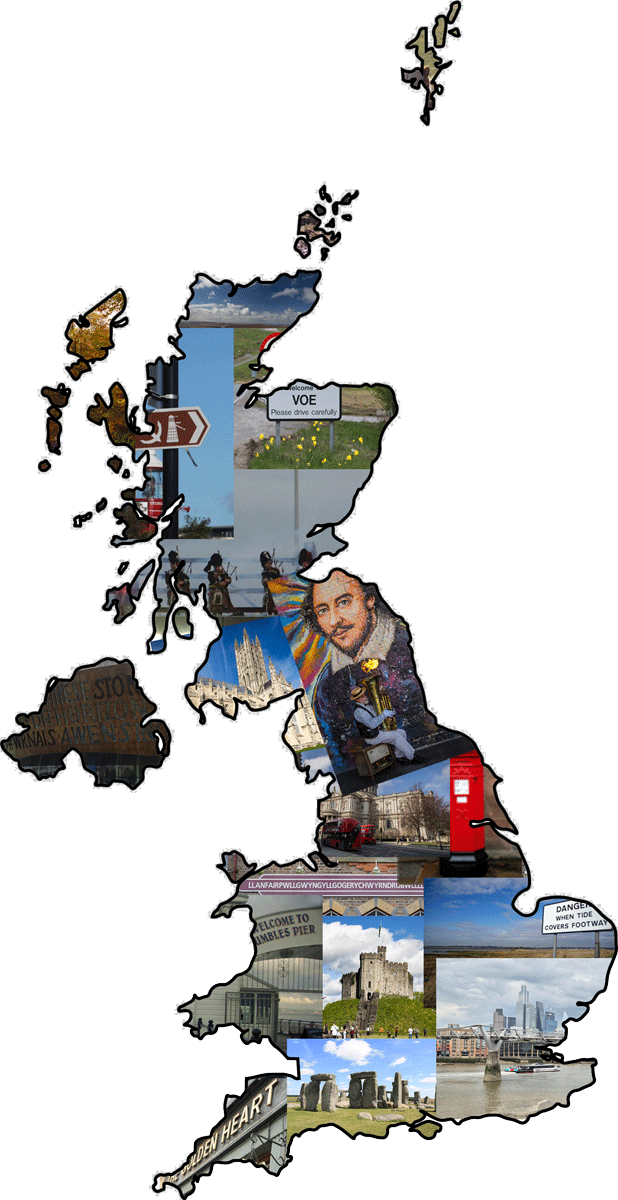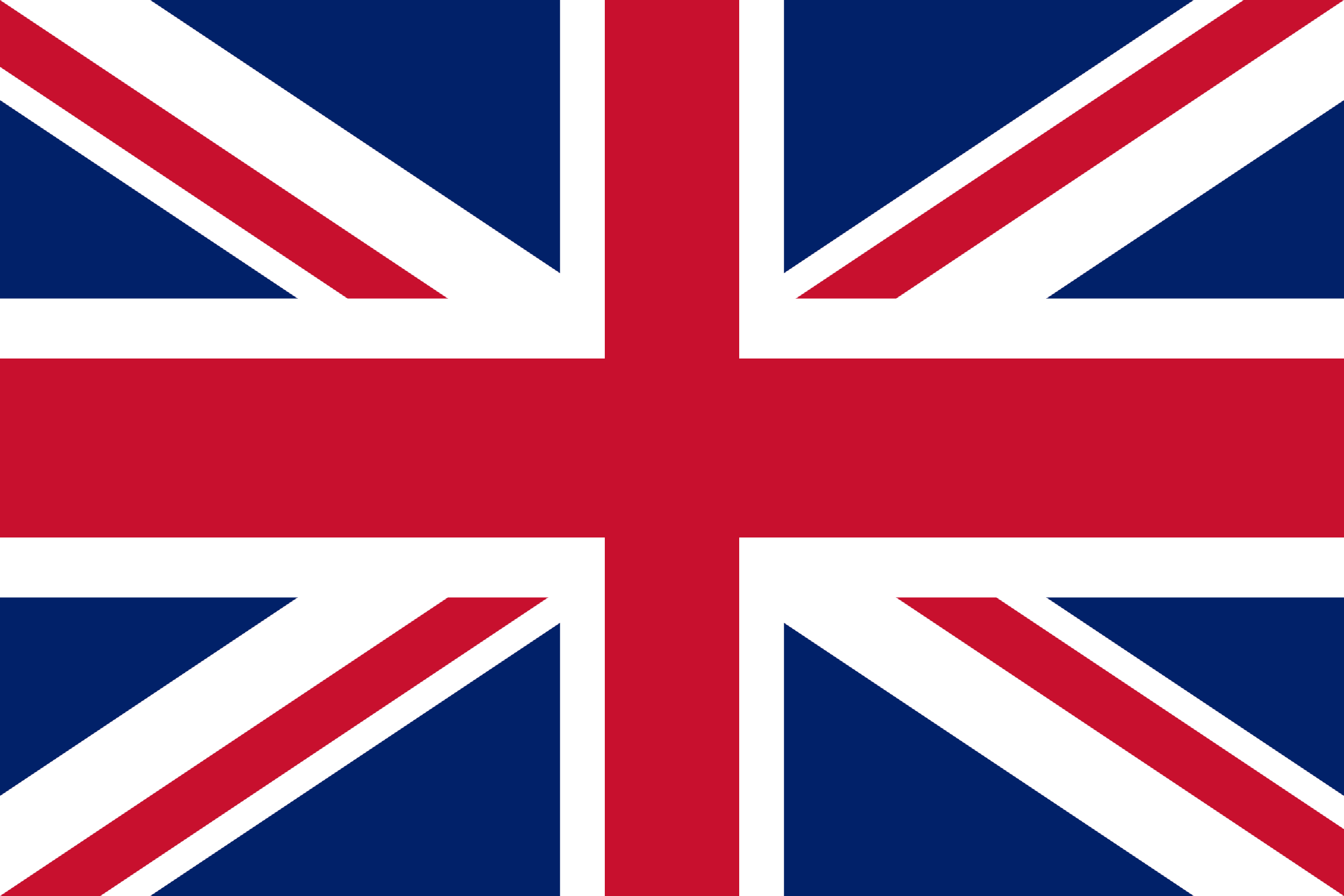United Kingdom
This travel guide to United Kingdom will give you all the essential information you need to visit each of the four countries making up the United Kingdom.
The United Kingdom (UK) is a vibrant and diverse country made up of four distinct nations: England, Scotland, Wales, and Northern Ireland. Each has its own unique identity, history, culture, cuisine, and sporting traditions.
The UK offers a rich and varied travel experience which caters for every interest. Whether you love exploring ancient castles, bustling cities, or stunning landscapes, the UK has something for you. This guide will introduce you to each nation within the UK, providing a comprehensive overview to help you plan your adventure.

Travel Guide to United Kingdom – History of the United Kingdom

The United Kingdom’s history is a tapestry woven from the stories of its four nations, each with a unique past that has shaped the present.
- England: England’s history begins with prehistoric sites like Stonehenge, continuing through Roman Britain (43 AD) to the Norman Conquest of 1066. Over the centuries, England grew to dominate the British Isles, playing a central role in the Industrial Revolution and becoming the hub of the British Empire, which spanned the globe.
- Scotland: Scotland’s history is marked by a long struggle for independence from England. Despite victories in famous battles such as Sterling Bridge (1297) and Bannockburn (1314), Scotland officially united with England in 1707 through the Act of Union. However, Scottish culture and traditions, including its legal system and educational institutions, remain distinct.
- Wales: Historically, a loose affiliation of independent kingdoms ruled by princes inhabited the land now known as Wales, leading to its name as the Principality. Invaded by the English King Edward I in 1277, England officially annexed it in 1536. However, it retains a strong sense of national identity through the Welsh language and a rich cultural history. Castles dot the Welsh landscape, reminders of its tumultuous past, including struggles for autonomy.
- Northern Ireland: centuries of religious conflict between Catholics and Protestants shape Northern Ireland’s history. The partition of Ireland in 1921 led to the creation of Northern Ireland, which remains part of the UK. The Troubles, a period of violent conflict during the late 20th century, has since given way to peace, though the country’s history remains complex.
Travel Guide to United Kingdom – Culture and Traditions

- England: As the largest and most populous nation, England is home to iconic cultural landmarks like Big Ben, the Tower of London, and Buckingham Palace. English traditions include Morris dancing, Bonfire Night (Guy Fawkes Night), and the changing of the guard at Buckingham Palace. English literature, from Shakespeare to modern authors like J.K. Rowling, has had a profound influence on the world.
- Scotland: Scotland’s culture is rich with traditions, from the wearing of kilts and playing of bagpipes to the celebration of Hogmanay (New Year’s Eve) and Burns Night, a tribute to the poet Robert Burns. The country is also famous for its contributions to literature, such as the works of Sir Walter Scott and Robert Louis Stevenson.
- Wales: Welsh culture is deeply rooted in its Celtic heritage, with the Welsh language and national festivals such as Eisteddfod, a celebration of poetry, music, and literature, being integral parts of national identity.Wales is known as the Land of Song, with male voice choirs and traditional folk music playing an important role in cultural life. Wales’ most famous writer Dylan Thomas inspired the name for this blog.
- Northern Ireland: The culture of Northern Ireland is shaped by both Irish and British influences. Visitors can find traditional Irish music sessions in many local pubs, and the country celebrates St. Patrick’s Day with great enthusiasm. Festivals such as the Belfast International Arts Festival showcase the country’s growing cultural scene.
United Kingdom – Food and Drink
Despite having a reputation for bland food and low-quality restaurants, this couldn’t be further from the truth. The culinary scene in the UK is as varied as its cultures, with each nation offering its own specialities.
- England: English cuisine has a reputation for hearty, comforting dishes. Classics include the full English breakfast, fish and chips, and Sunday roasts with Yorkshire pudding. English desserts like sticky toffee pudding and scones with clotted cream and jam are staples. London, in particular, is renowned for its international food scene, offering cuisine from around the world.
- Scotland: Scotland is famous for its traditional dish, haggis, a savoury pudding made from sheep’s offal. Scottish salmon, Aberdeen Angus beef, and shortbread are also popular. Whisky (Scotch whisky) is a significant part of Scotland’s culinary heritage. The many distilleries scattered across Scotland draw many tourists for tastings and tours.
- Wales: Welsh food often revolves around local produce. Specialities include cawl (a traditional lamb stew), Glamorgan sausage (made from cheese, leeks and breadcrumbs), and laverbread (a dish made from seaweed). Bara brith, a rich fruit loaf, and Welsh cakes are sweet treats loved throughout the country.
- Northern Ireland: The Ulster fry, a hearty breakfast that includes soda bread and potato bread, is a beloved Northern Irish dish. Boxty (potato pancakes) and Irish stew are also traditional. Northern Ireland’s thriving food scene is gaining in reputation. Belfast, in particular, is emerging as a culinary destination.
Travel Guide to United Kingdom – Sport

Sport is an integral part of life across the UK, with each nation boasting its own sporting traditions.
- England: Football (or soccer) is the most popular sport in England, home to the English Premier League, one of the most-watched football leagues in the world. Cricket is another sport invented in England. The ‘Ashes’ series between England and Australia is one of the oldest and most intense rivalries in sport. Tennis fans will recognise Wimbledon, the oldest and most famous tennis tournament in the world.
- Scotland: Rugby and football are both popular in Scotland, with the national football teams inspiring passionate support. Scotland is also the birthplace of golf, with St Andrews being known as the “Home of Golf.” Highland Games, featuring events such as caber tossing and tug-of-war, are a unique Scottish sporting tradition.
- Wales: Rugby is the national sport of Wales, with the national team being a source of immense pride. An international rugby match at the Principality Stadium in Cardiff is one of sport’s most passionate events. Football is also popular, with Wales qualifying for the 2022 FIFA World Cup and making the semifinals of the European Championships of 2016.
- Northern Ireland: Football and Gaelic sports, including Gaelic football and hurling, are popular throughout Northern Ireland. The country also has a strong tradition in golf, with Rory McIlroy being one of its most famous sporting figures.The UK is home to many internationally important festivals. Covering many cultural spheres, they draw travellers to the UK from all over the world.
United Kingdom – Festivals in the UK
The UK is awash with festivals covering the entire spectrum of the arts.
- England – Music looms large in the UK. Glastonbury is one of the world’s largest popular music festivals, drawing 250,000 people annually. The Proms are a month-long series of classical music concerts held at the Albert Hall in London each August. They culminate in a celebration of ‘Britishness’ at the traditional Last Night. Other important festivals include the Notting Hill Carnival, and rowing’s Henley Regatta.
- Scotland – The Edinburgh Fringe Festival, held each August, is the world’s largest performing arts festival. On Shetland, Up Helly aa is a viking fire festival held each January.
- Wales – The two largest festivals held in Wales are the National and International eisteddfods. These celebrate music, poetry and dance. The small town of Hay on Wye hosts one of the world’s largest literary festivals each spring.
- Northern Ireland – The controversial “Twelfth” celebrates the Protestant victory at the Battle of the Boyne and sees ‘Orangemen’ marching through Ulster.

